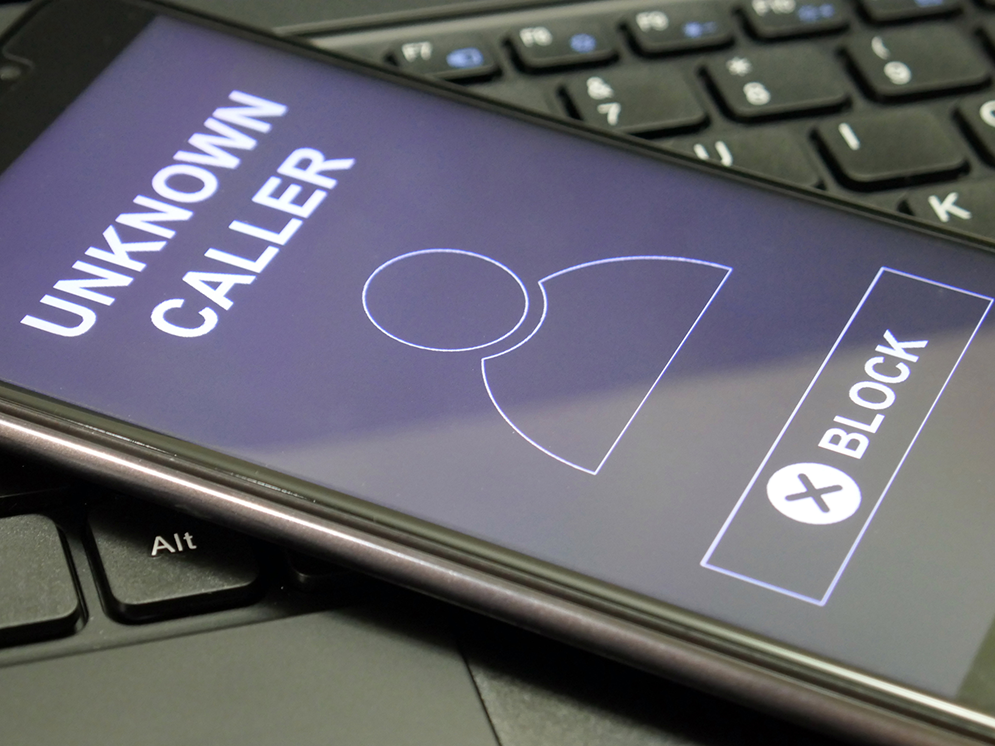Phone Scammers Are Targeting Students
Hang up if purported government caller demands immediate payment

Boston-area students have been getting calls from scammers masquerading as FBI or IRS agents and demanding money. Hang up and report them, BU and Boston police advise.
BU officials and Boston police are warning the public about a telephone scam by thieves targeting students.
A Boston Police Department alert sent out last week says scammers impersonating agents from the Federal Bureau of Investigation or the Internal Revenue Service have called students at local colleges. The callers “demand payment on several items, including delinquent taxes, overdue parking tickets, or student loans.”
Students “should know that neither agency…calls citizens to demand payment over the phone, nor do they send digital pictures of credentials or badges,” the alert says. Students who receive such a call should immediately hang up and notify the police.
“These scams take place across the country every day,” says Kelly Nee, chief of the BU Police Department (BUPD). Nee doesn’t know how many BU students may have received calls recently, but she says self-protection is essential.
“Most of these scams originate out of the country,” she says, “and it’s very difficult to trace and prosecute.” Any similar request should be suspect, as “no agency of the government—federal, state, or local—ever asks for information like this over the phone and would never demand money immediately.” The BUPD works with Boston police, the FBI, and Massachusetts state police on such cases.
While this particular scam involves phone calls, BU information security director Eric Jacobsen (CAS’93, MET’03) says that “these kinds of scams occur routinely in email and sometimes in SMS messaging.” The IRS scam in particular “has been going on for some time but tends to peak” as the annual April 15 tax-filing deadline nears, he says. “The criminals attempt to use that looming deadline to create a sense of urgency…in hopes that you won’t stop to think about the situation.
“When you feel pressured to share personal information quickly, it’s best to take a breath and think for a minute,” Jacobsen advises.
In a separate incident last week, Nee says many of BU’s 353 telephone extensions received robocalls in Mandarin, asking recipients to immediately contact the Chinese embassy in Washington, D.C., to resolve a visa issue. As no one apparently was defrauded of any money as a result of the call, she says, it’s unclear whether this was actually an attempted scam or just a prank.
As to “why the 353 was targeted—unknown,” Nee says.
Rich Barlow can be reached at barlowr@bu.edu.

Comments & Discussion
Boston University moderates comments to facilitate an informed, substantive, civil conversation. Abusive, profane, self-promotional, misleading, incoherent or off-topic comments will be rejected. Moderators are staffed during regular business hours (EST) and can only accept comments written in English. Statistics or facts must include a citation or a link to the citation.